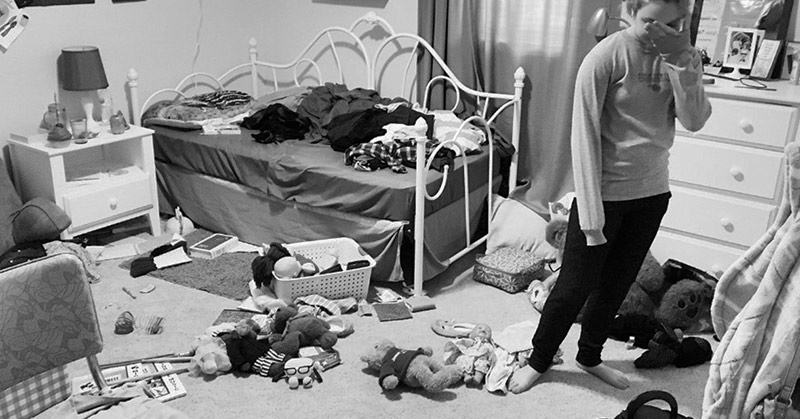In a world where consumerism is rampant, it’s easy to accumulate unnecessary clutter in our lives. The last item you bought may not have been vital, leading to clutter in your home and eventually in landfills. Discover why decluttering is essential for your well-being.
Decluttering to improve your attention
Psychologist Sherrie Bourg Carter emphasizes the negative impact clutter has on our mental well-being. Cluttered environments can leave us feeling anxious and overwhelmed, hindering our ability to focus. Research from Princeton University shows that a cluttered space can impede our brain’s efficiency in processing information, leading to delayed responses.
Decluttering as a form of stress relief
A study by UCLA revealed a correlation between clutter and elevated stress levels, especially in mothers. Reduced clutter not only enhances the aesthetic appeal of a space but also contributes to mental well-being. Minimalism, focusing on ‘less is more,’ allows individuals to derive joy from essential items and experiences, freeing them from material attachment.
Less Clutter: Minimalism as unfiltered joy
Minimalism promotes joyful living by discarding unnecessary possessions and embracing meaningful experiences. By decluttering, individuals can focus on relationships and nature, finding true happiness beyond material belongings.
How to Declutter Your Home to Declutter Your Life
Consider removing these items from your home to declutter your space and improve your mental well-being:
Your bathroom:
- Old toiletries
- Dried-up nail polish
- Worn-out bath mats
- Old air freshener
- Old makeup
Your living room:
- Newspapers
- DVDs
- Toys your kids don’t play with
- Old unused batteries
- Furniture manual
Your bedroom and wardrobe:
- Worn-out sheets and bedding
- Scarves and other accessories
- Old, unused hangers
- Old dresses
- Stockings with runs
Your kitchen:
- Duplicate cooking utensils
- Extra and unused coffee mugs
- Old spices
- Old shopping bags
- Magnets
Decluttering your home can lead to a decluttered mind. Dispose of items responsibly by donating them to ensure they don’t end up in landfills.






